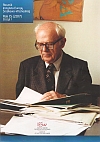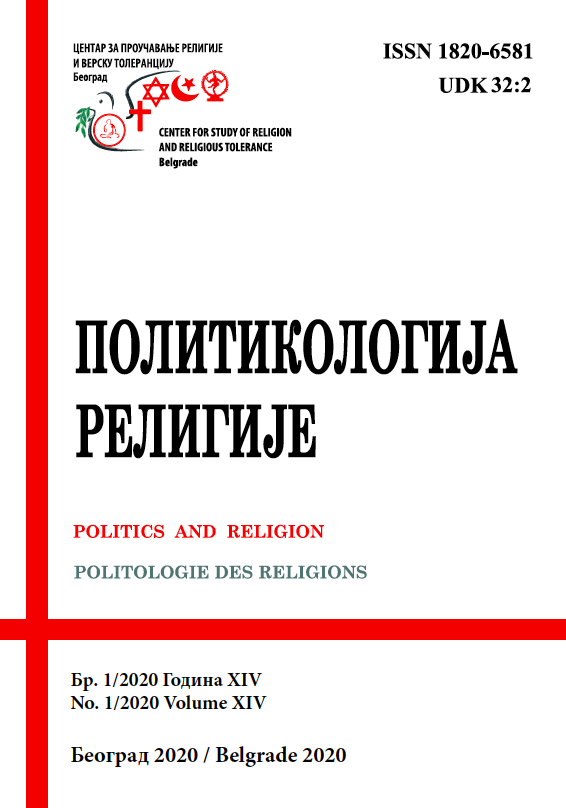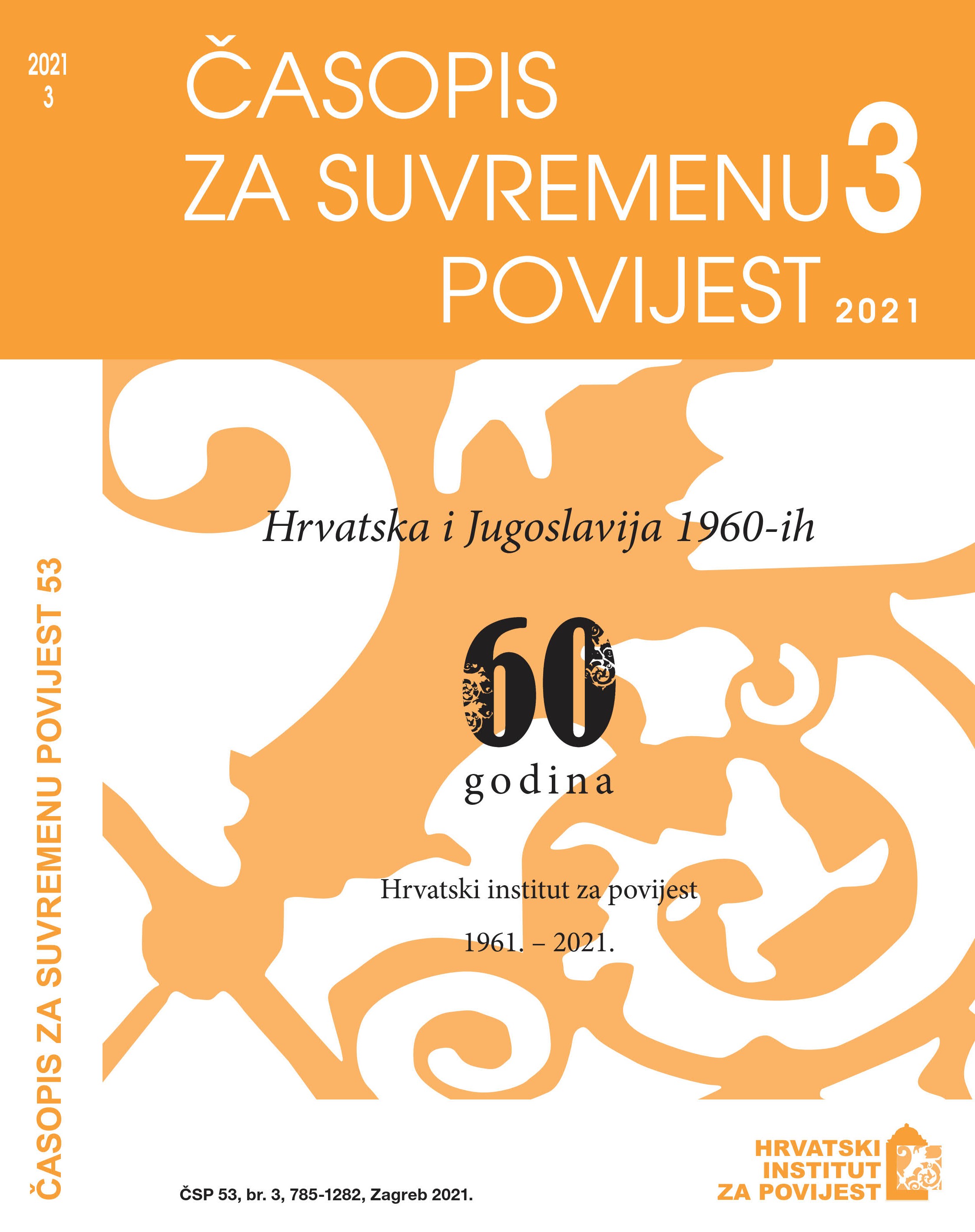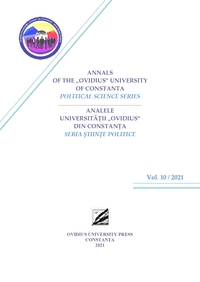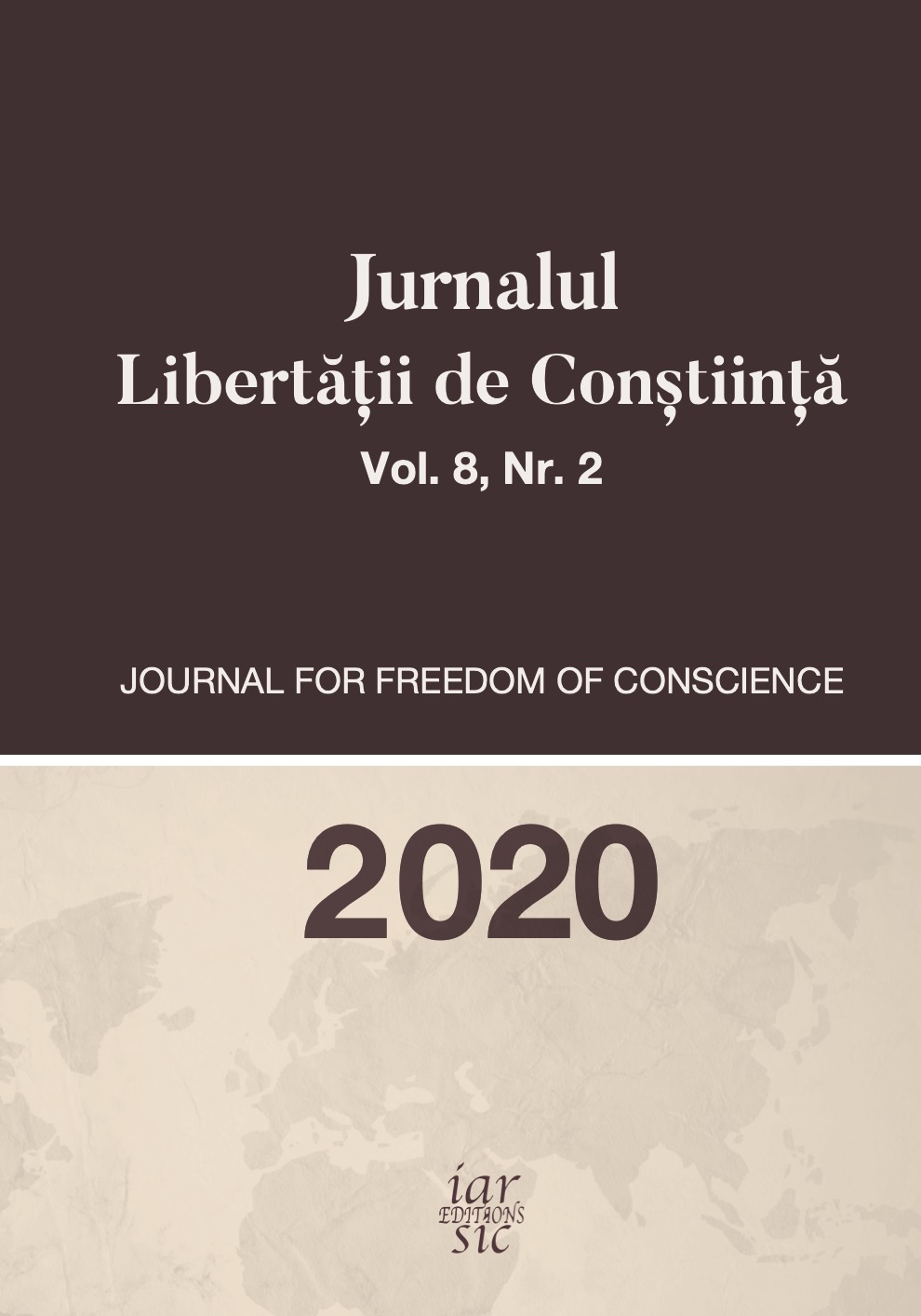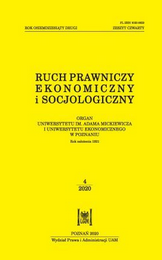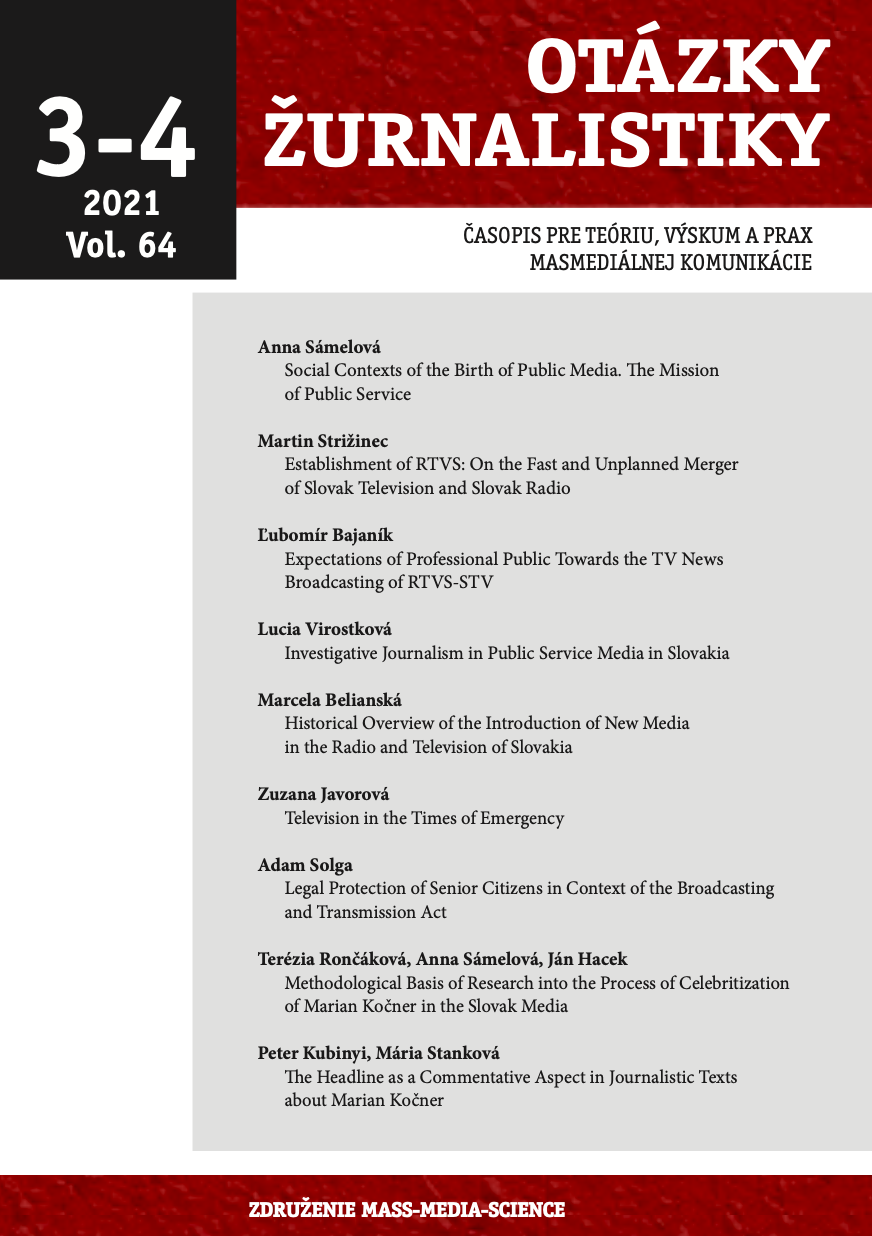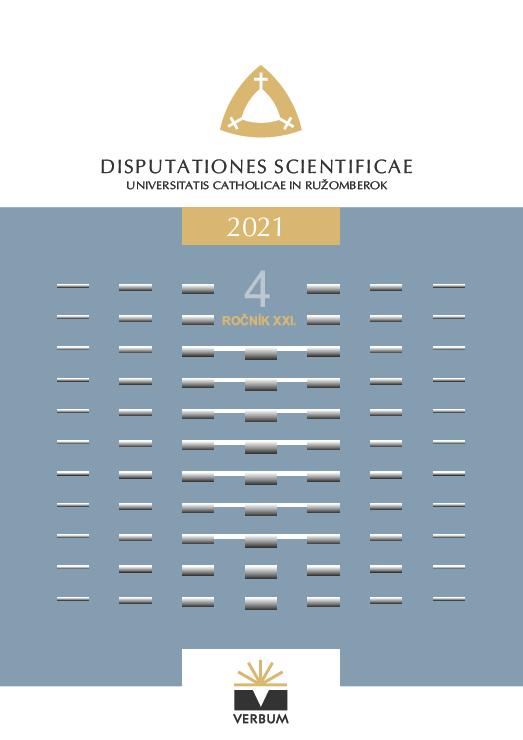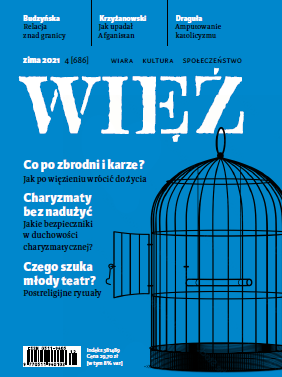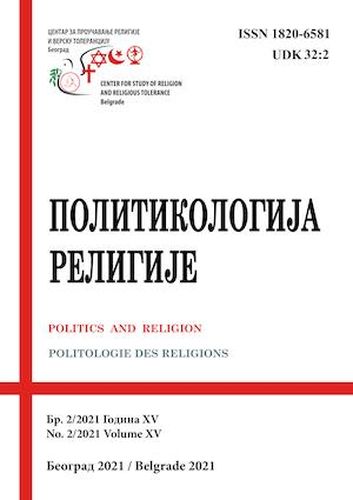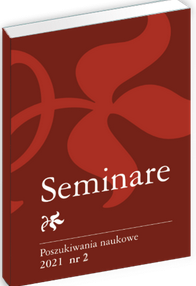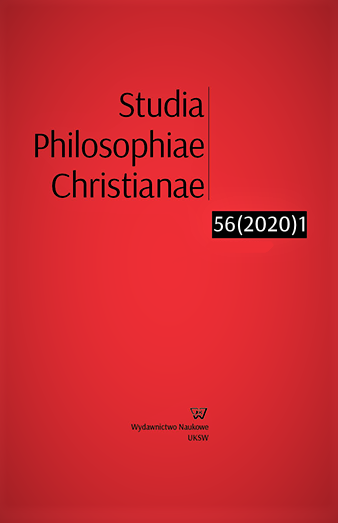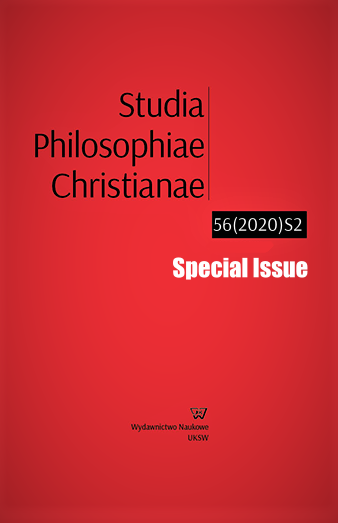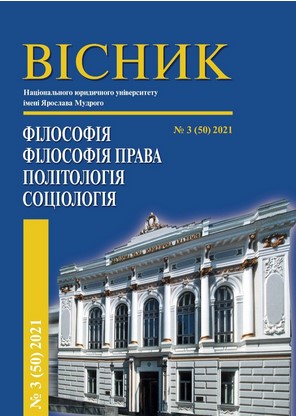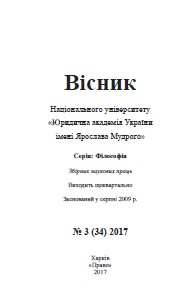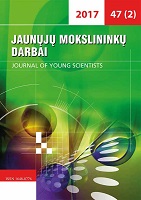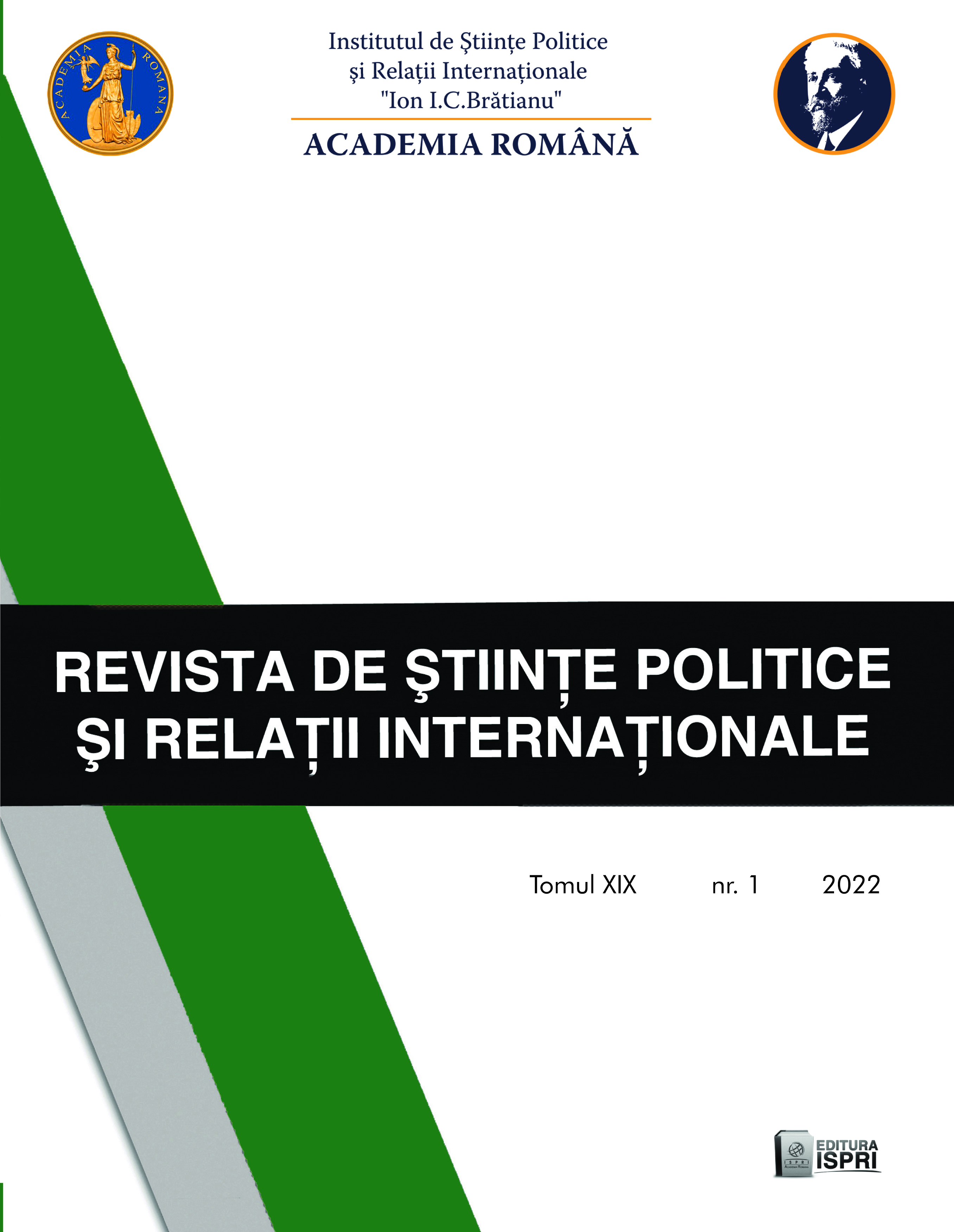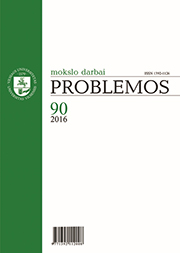
LIBERALIZMO FILOSOFIJOS PARADOKSAI
The aim of the paper is to demonstrate that after the publication of Political Liberalism by John Rawls we have to take a fresh look on the problem of the identity of liberal philosophy. Liberals do not have any independent moral and political philosophy. Their philosophical identity is based on a critique of the positions of their opponents and not on any positive doctrine. To gain a better understanding of the philosophy of liberalism we have to investigate the relationship of this philosophy with illiberal doctrines. Liberal moral and political philosophy is dependent on the objects of its critique. Liberal philosophy faces four paradoxes: 1) political liberalism equates illiberal and liberal political positions and this is the reason why the identity of liberal political philosophy remains elusive; 2) liberals advocate moral individualism, however, this individualism does not necessarily lead to moral philosophy of liberalism; 3) liberal moral philosophy has gaps which can only be filled with elements of illiberal moral philosophies; 4) liberals cannot establish their identity with philosophical arguments, they can only do this with the help of ideology. What today goes by the name of the philosophy of liberalism is a version of civil religion.
More...
